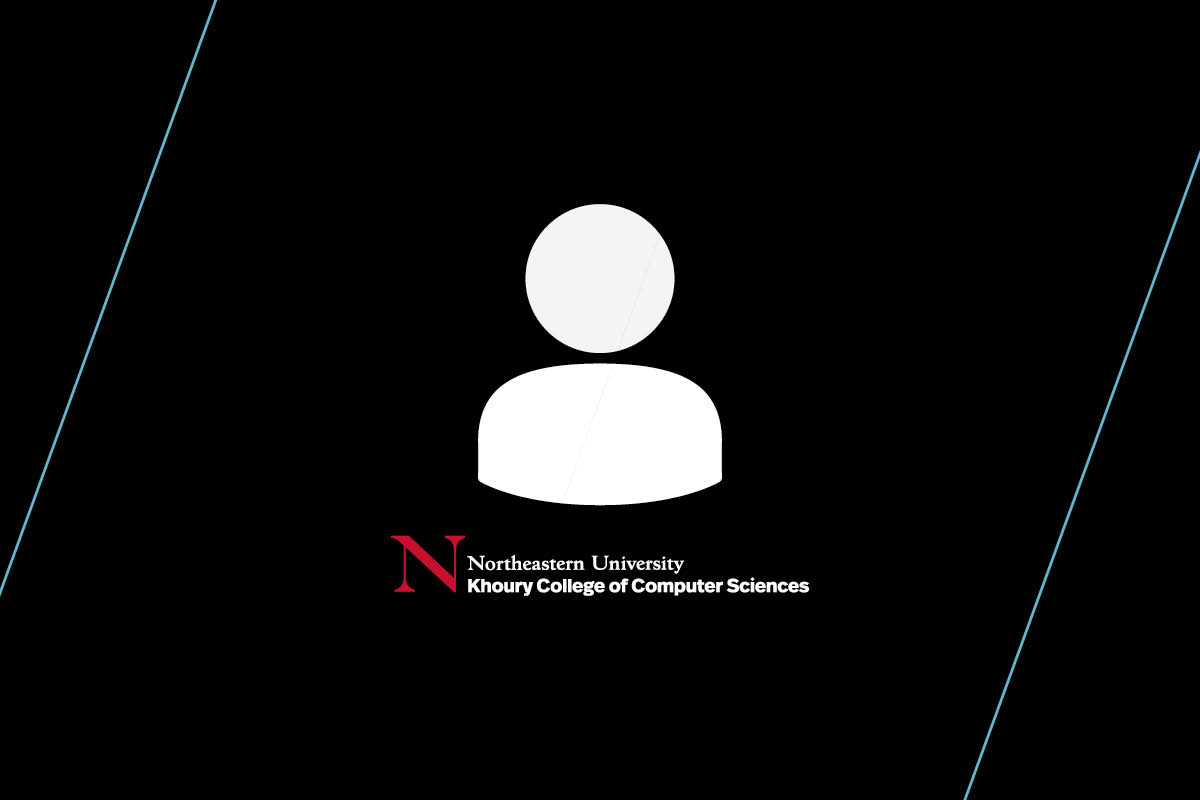Schuyler Rosefield
PhD Student

Education
- BA in Mathematics, Northeastern University
Biography
Schuyler Rosefield is a PhD student studying cryptography at Northeastern University's Khoury College of Computer Sciences, advised by Professor Abhi Shelat. He first discovered the world of cryptography while studying for his BS in Mathematics at Northeastern. His research interests focus on practical implementations of cryptography, and he is specifically interested in working on making some of the newer cryptography primitives more feasible for working in modern computers, especially working with encrypted databases and searching.
About Schuyler
- Hometown: Minnesota
- Field of Study: Cryptography
- PhD Advisor: Abhi Shelat
What are the specifics of your graduate education (thus far)?
The majority of my undergraduate classes were graduate-level courses, and I spent a lot of time interacting with the crypto research community by attending local talks and conferences. I have not been officially enrolled in any graduate program before this.
What are your research interests in a bit more detail? Is your current academic/research path what you always had in mind for yourself, or has it evolved somewhat? If so, how/why?
Most of my interests are with practical crypto, and my love for the field came out of learning attacks on the protocols and implementations.
What’s one problem you’d like to solve with your research/work?
My goal with research is to work on making some of the newer crypto primitives more practical, making their run time more in line with what is feasible on modern computers, particularly in the areas of encrypted databases/search. One particular instance of this would be working on an efficient encrypted index that hides data access patterns while still giving fast lookups.
What aspect of what you do is most interesting/fascinating to you? What aspects of your research (findings, angles, problems you’re solving) might surprise others?
That to some degree, a lot of crypto is "magic", and how specific the mathematics needs to be to prevent attacks on the primitives. A lot of crypto can fail in subtle, hard to detect, ways that are mostly indistinguishable from the correct behavior.
What are your research/career goals, going forward?
I am not completely certain yet, but I imagine I will be going into industry research instead of academia, or falling back from that a security consultancy focused on crypto implementations.
Where did you study for your undergraduate degree? Any reason in particular behind your choice (a program you were excited about, a city you love, a researcher you wanted to work with)?
I came to Boston for undergrad, and stayed here for the PhD because of the crypto research community. The sheer concentration of researchers in the area means there is almost always something exciting happening and a lot of resources to learn.